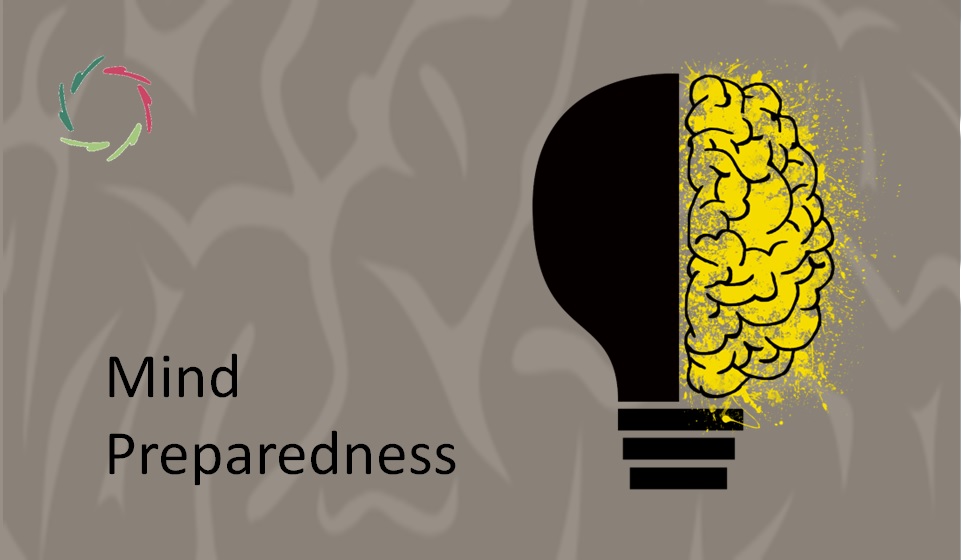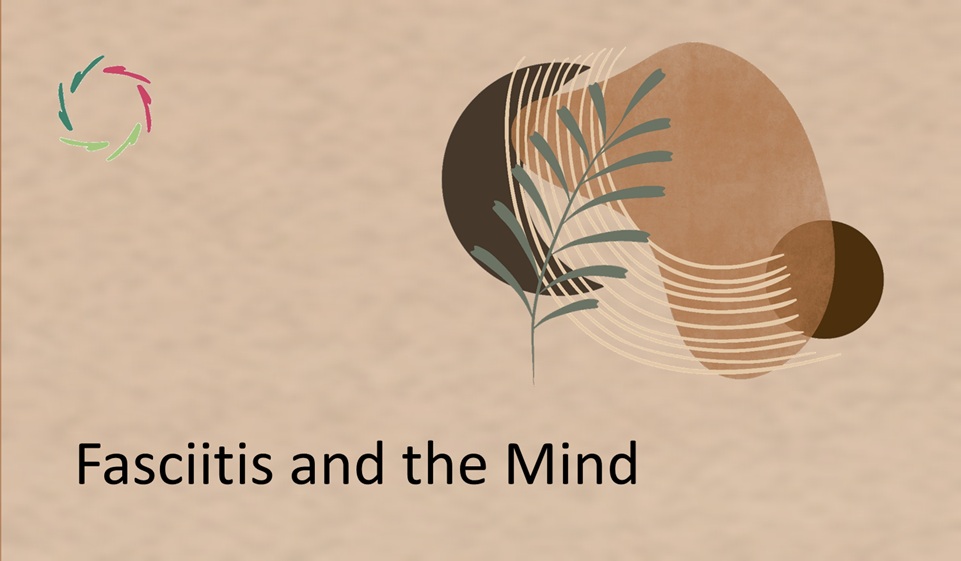Mind Preparedness

A prepared mind can respond more effectively to conditions or events affecting either illness or health. This insight encourages proactive engagement with one’s mental state.
This entails concrete expectations and also a more fundamental openness for things to come.
Generally
It’s like a potential being present but not immediately at the surface. Meanwhile, being there (and growing), the potential may need little to emerge.
It’s better to attend to it in a stage where one can guide its evolution with little effort. This demands a more subtle discernment than is usually the case, for instance, in health matters. If done well, it can lead to unprecedented prevention.
This is one reason to engage in Lisa coaching even when no clear issues are apparent. Lisa can detect and enhance mind preparedness in positive ways, even unnoticed by the user. Of course, this also occurs naturally between people, for better or worse.
Negative consequences
Negative mind preparedness increases vulnerability to new diseases or worsens existing ones. For instance, social nocebo can lead to worse outcomes during pandemics, as recently experienced.
Negative mind preparedness is evident in how acute upon chronic stress can lead to unexpectedly negative outcomes — like a mental whirlpool gaining momentum through an additional input.
A person with chronic pain who constantly anticipates worsening symptoms may experience increased pain intensity and a higher likelihood of depression, creating a cycle that is difficult to break.
Positive consequences
Positively open minds can significantly enhance healing processes.
This can be seen – though less scientifically studied – in the manner of taking a medication. For instance, pain relief is more effective for a patient who opens his mind to it by envisioning how the painkiller affects the painful area from the inside out.
A state of relaxation allows one to enjoy and effectively benefit more from a massage or physiotherapy.
Positively open minds can enhance recovery from surgery. Patients who mentally prepare by visualizing a successful outcome often experience less postoperative pain and faster healing. This mental preparedness encourages the body’s natural healing processes, creating a more conducive environment for recovery.
More drastic possible effects
Again, this is challenging to scientifically validate, hence rarely done. Lisa’s profound capacity to handle complexity may finally make this feasible.
Nevertheless, many medical professionals intuit that patients with an open mindset to positive results fare better in treatments. This isn’t just about subjective symptoms but extends to serious illnesses. In my medical career, I’ve often been positively amazed. Thus, encouraging an open mindset in patients can be a vital part of medical care, potentially improving outcomes significantly.
Soon, much research will clarify the extent of this positive mind influence. Future research may solidify the understanding of mind preparedness, revolutionizing preventive and therapeutic healthcare.


